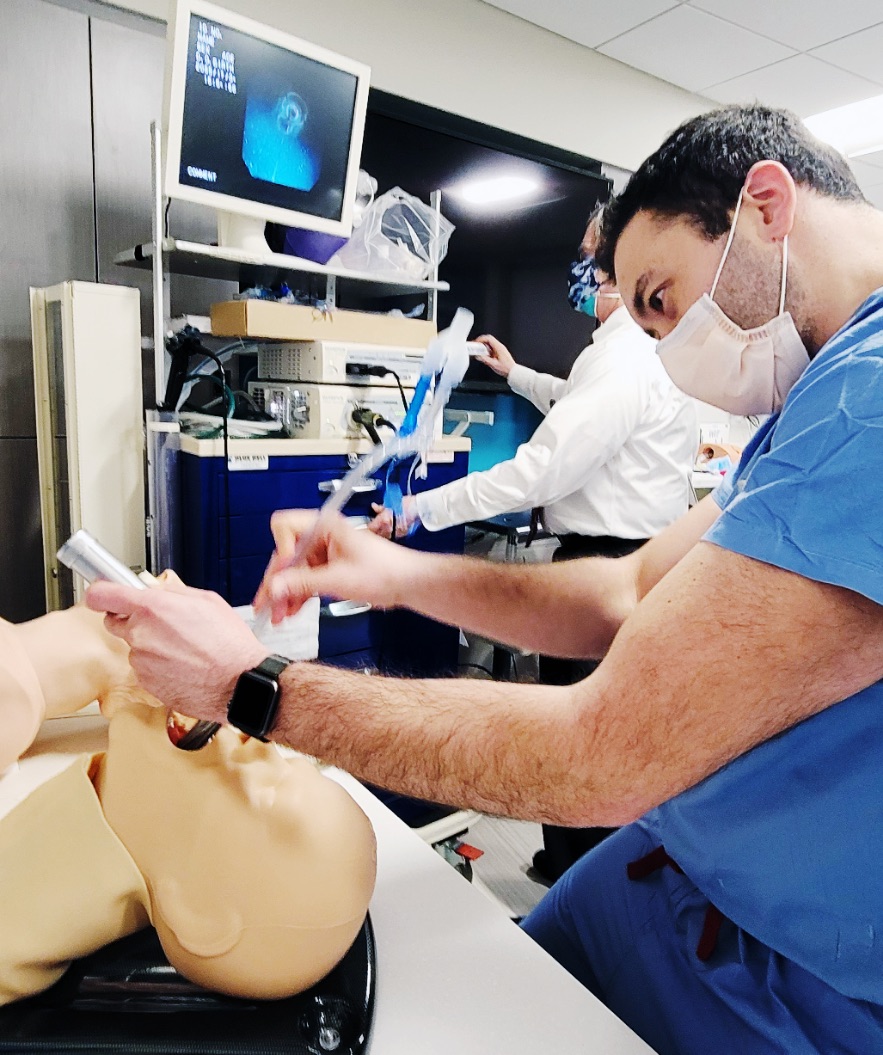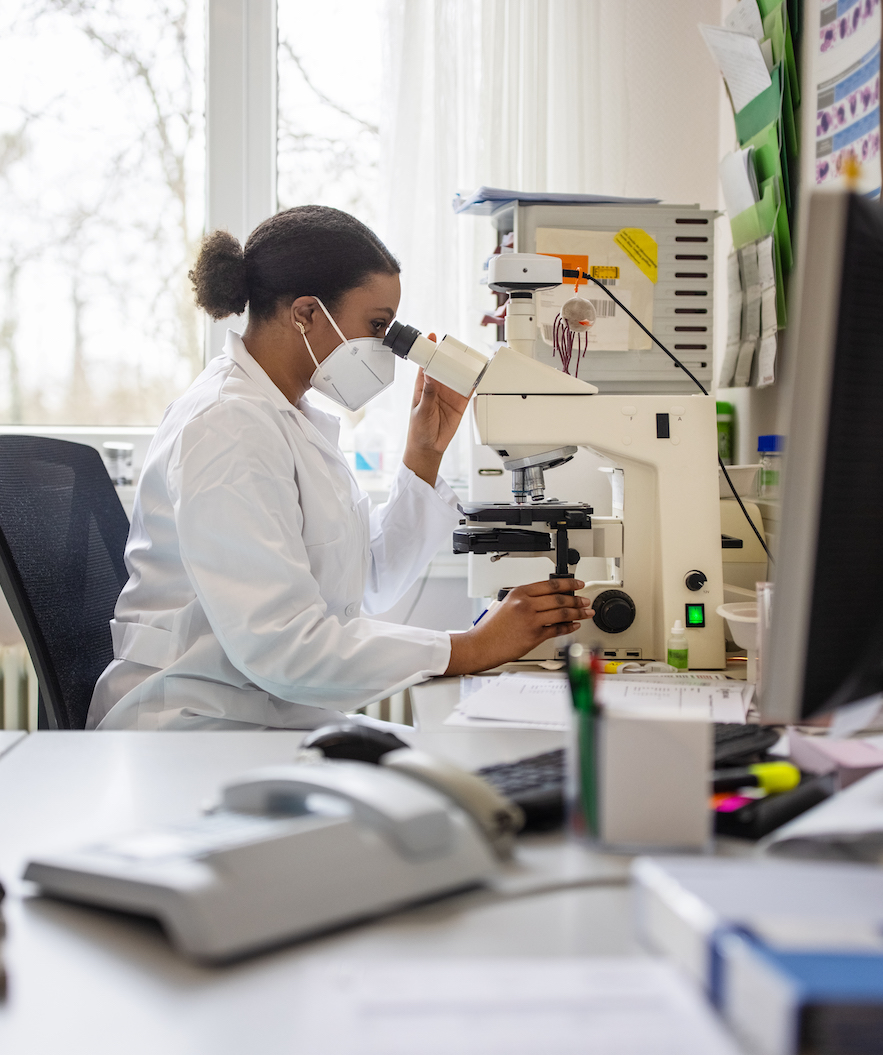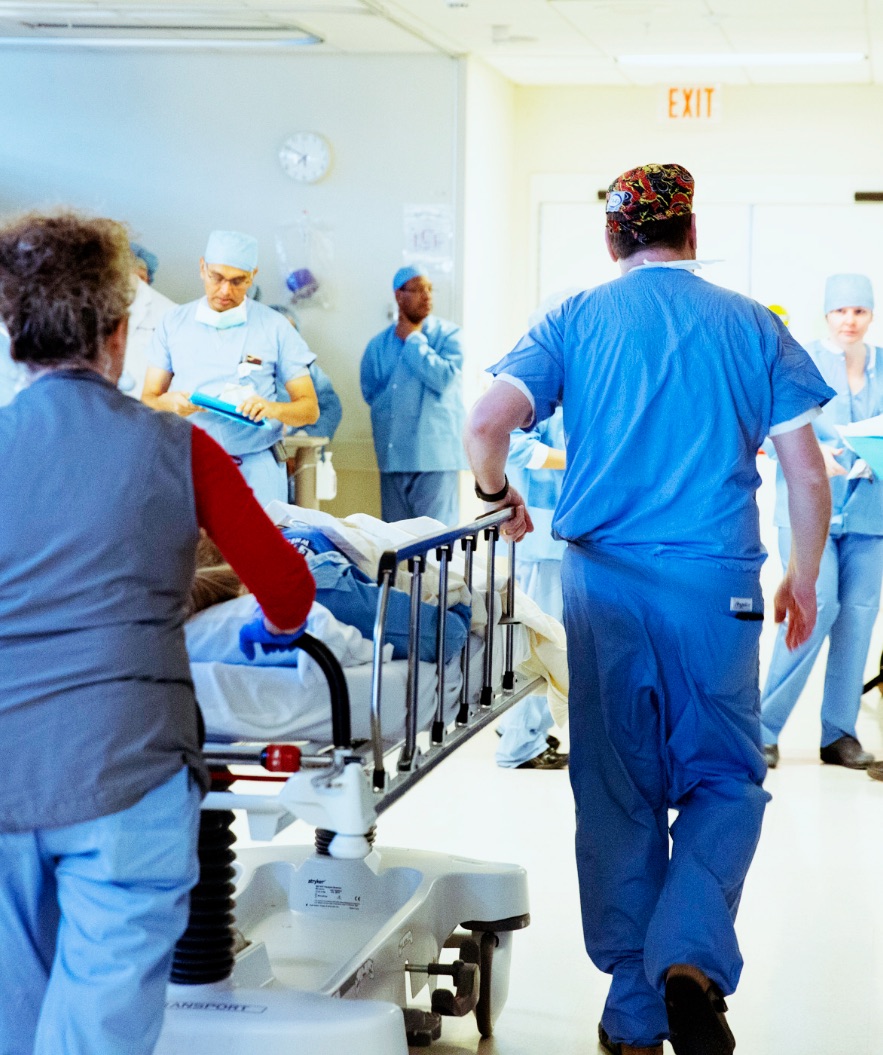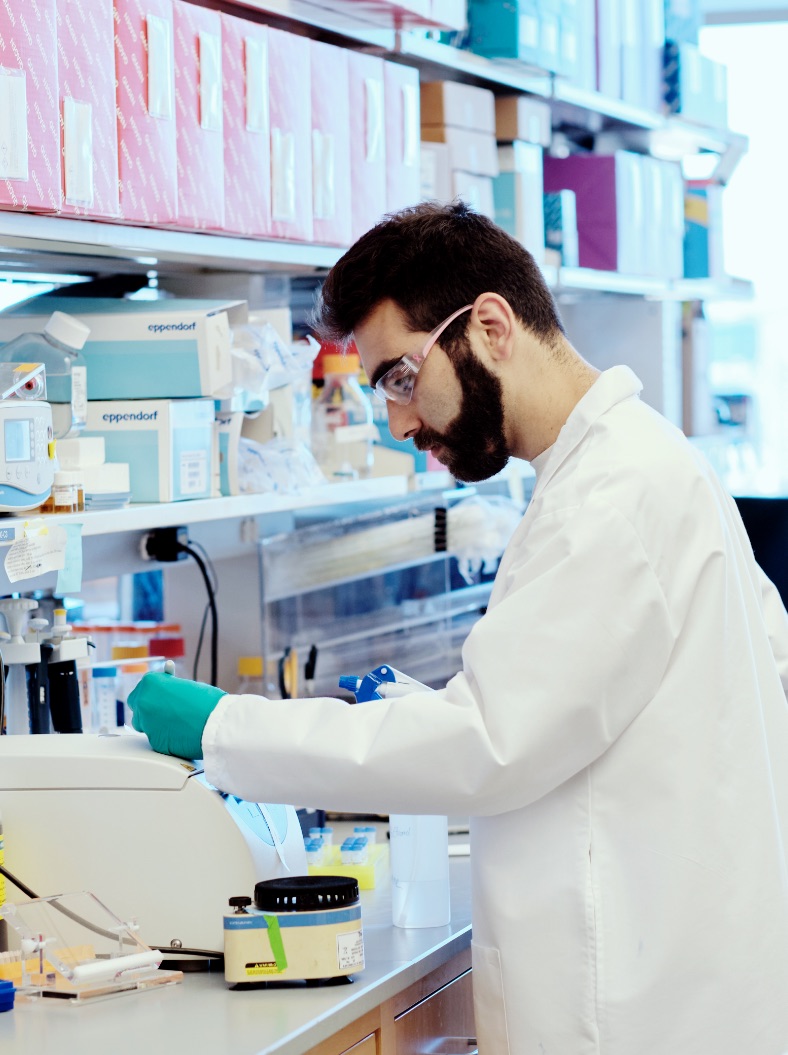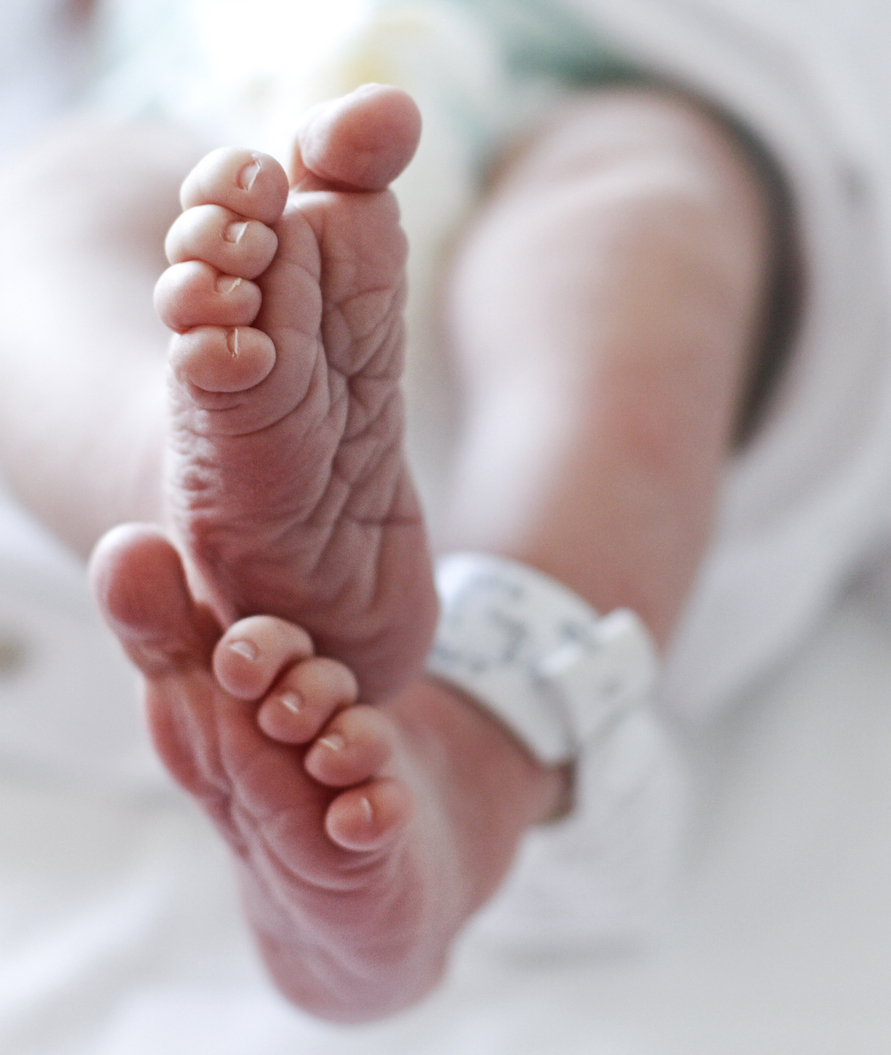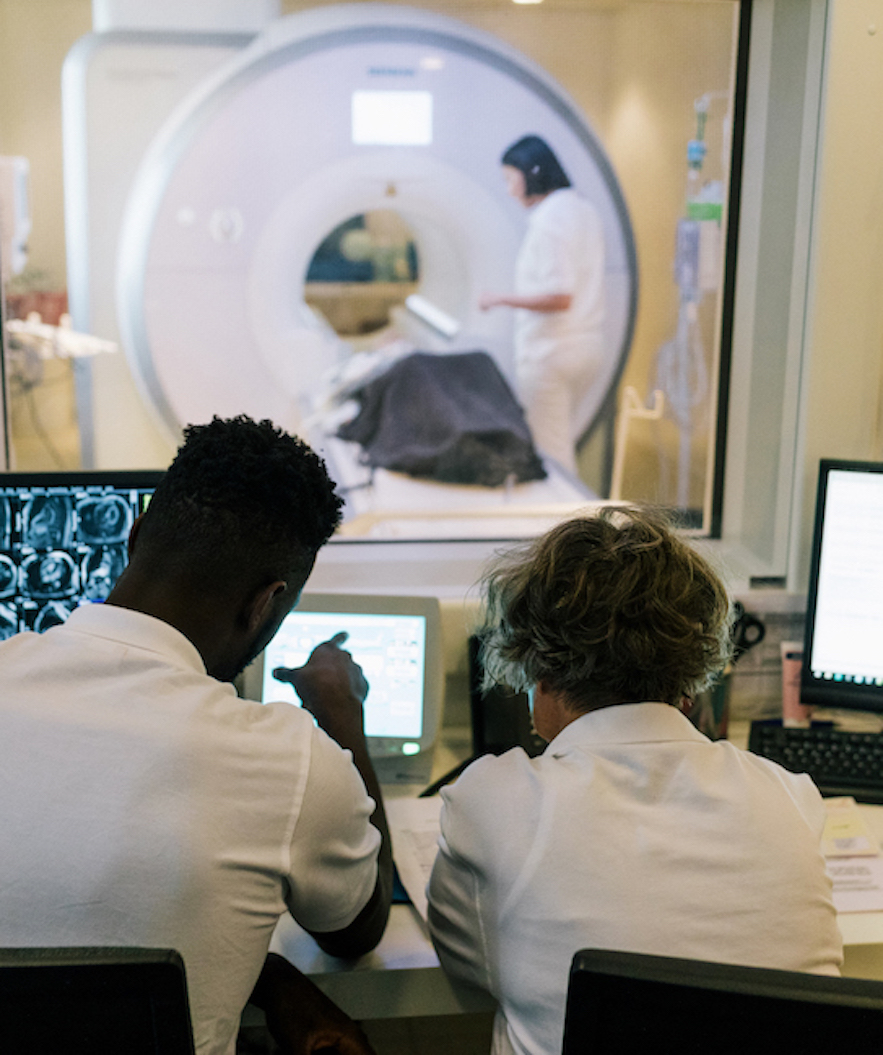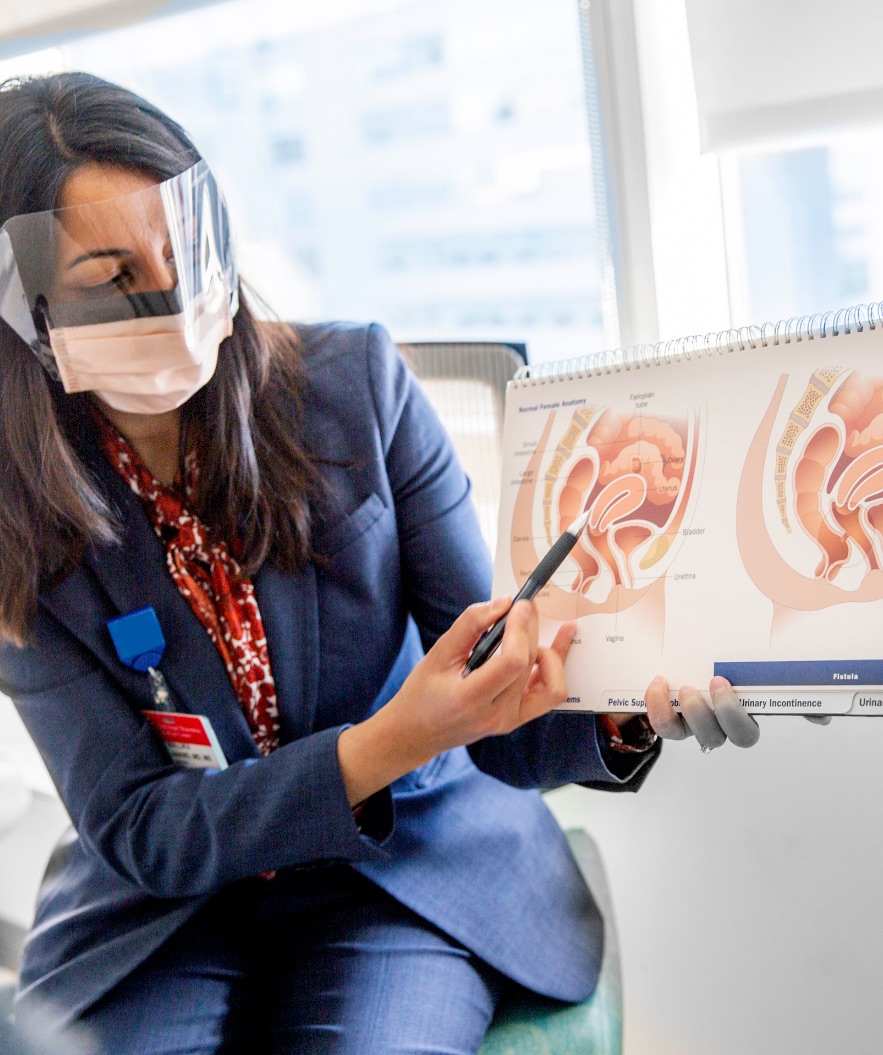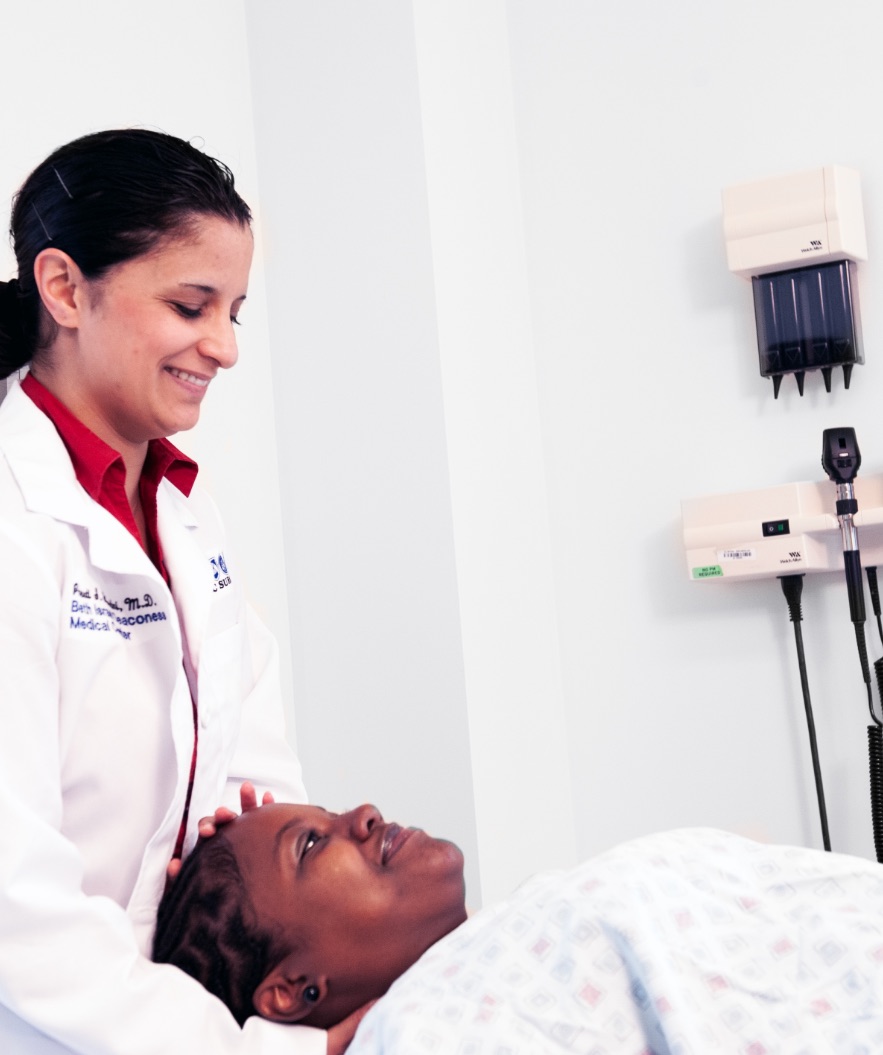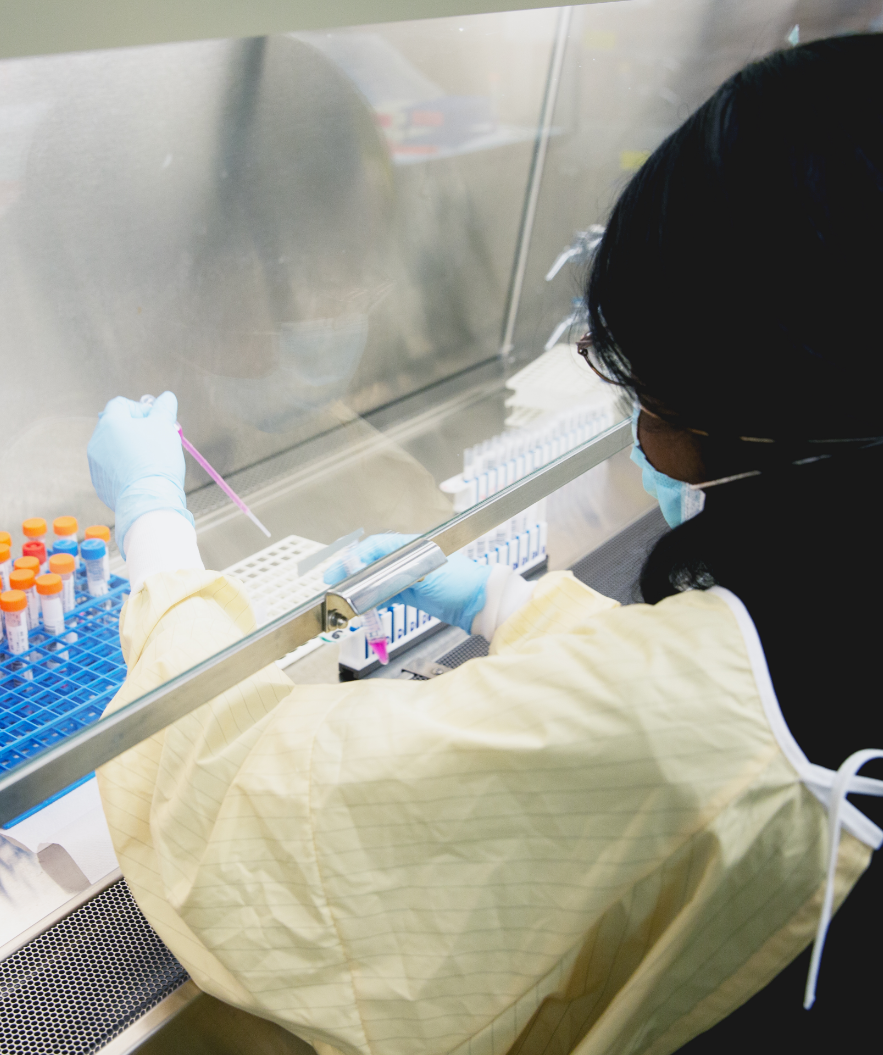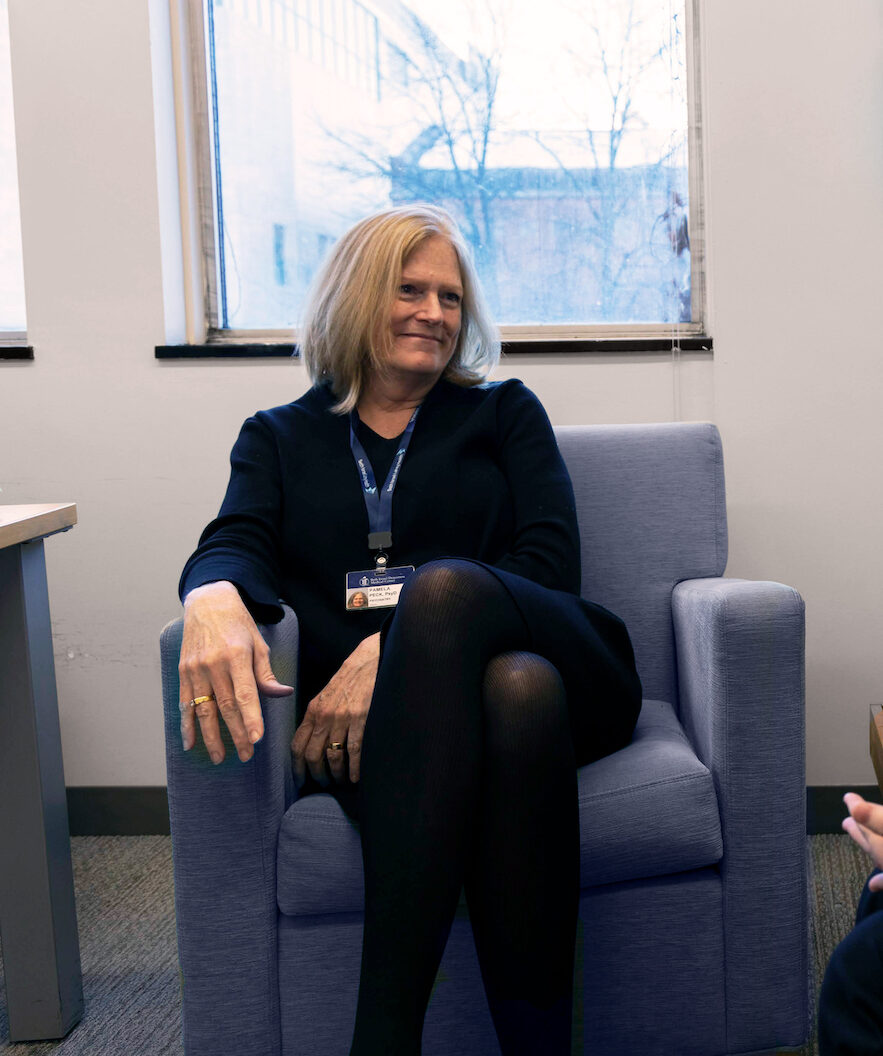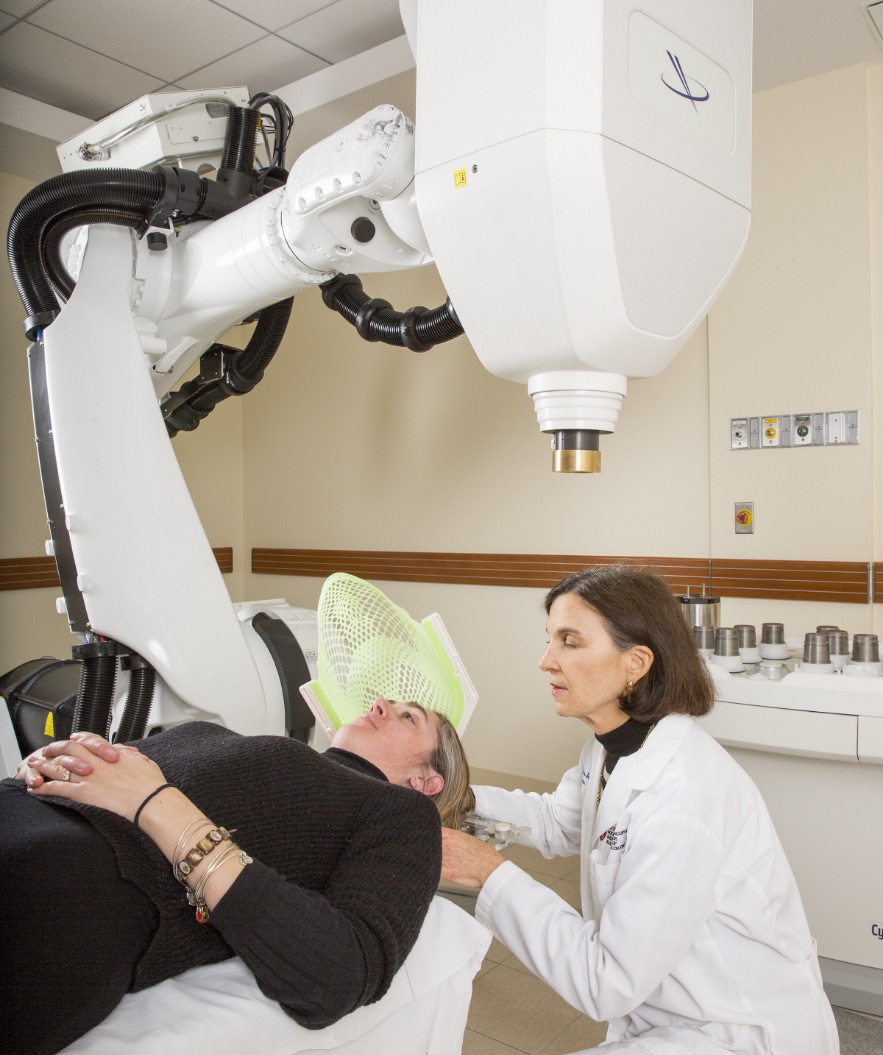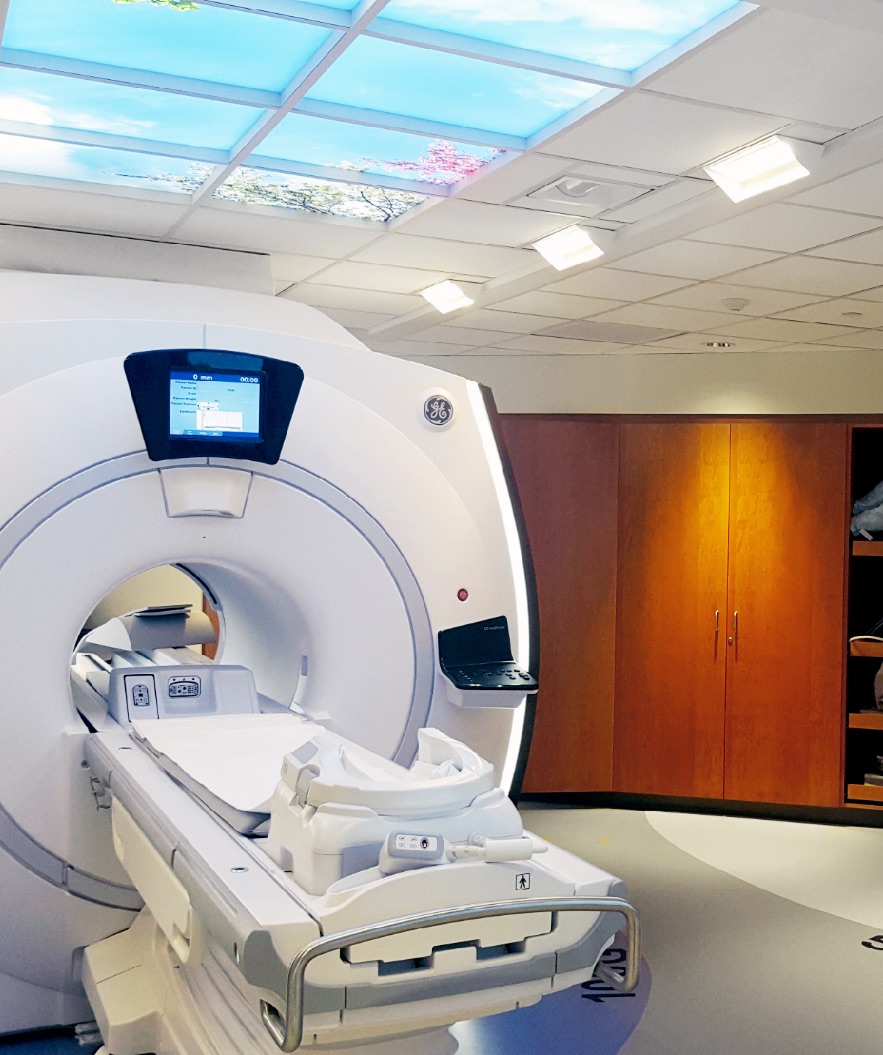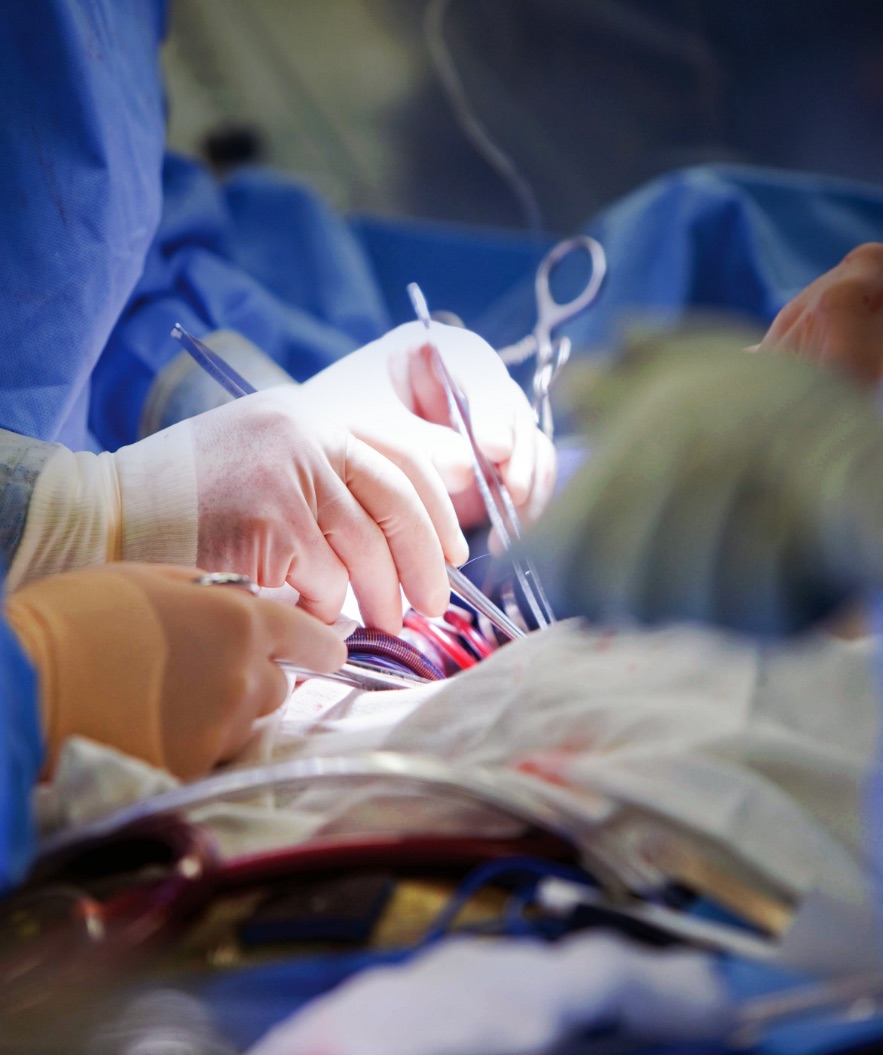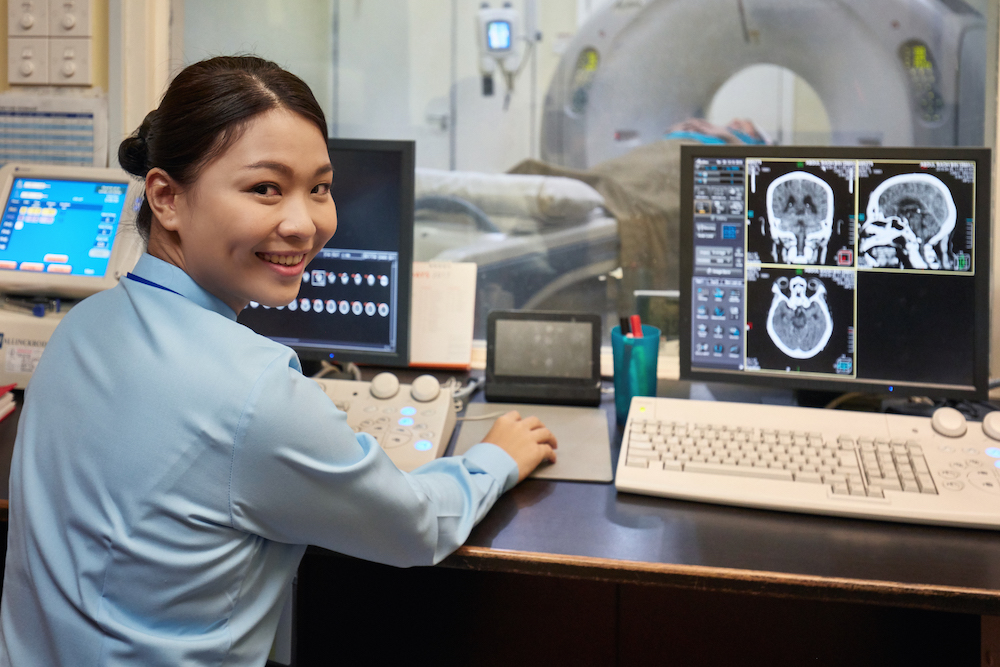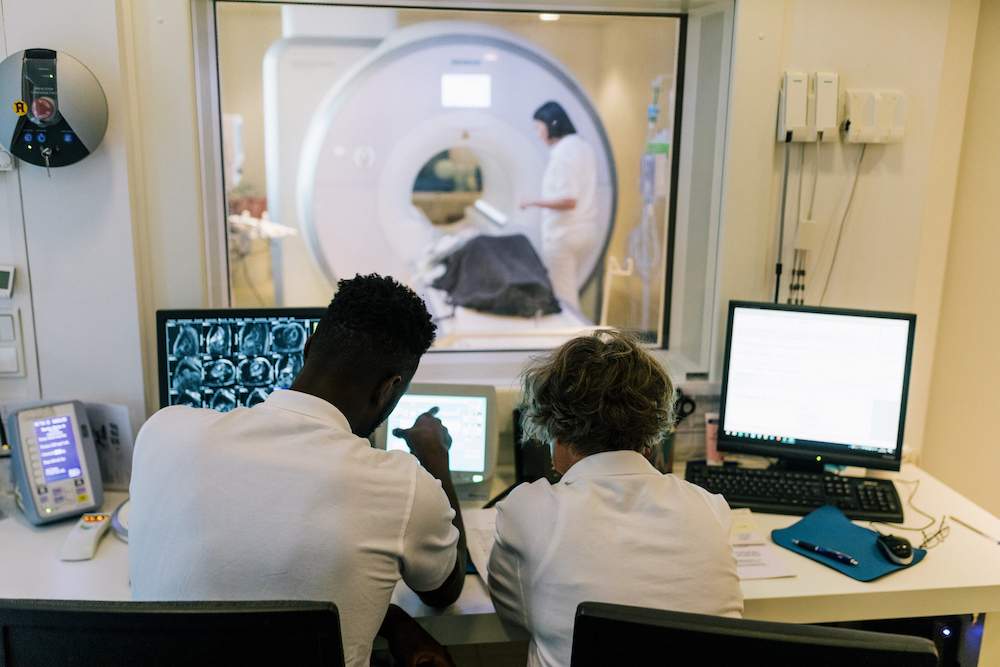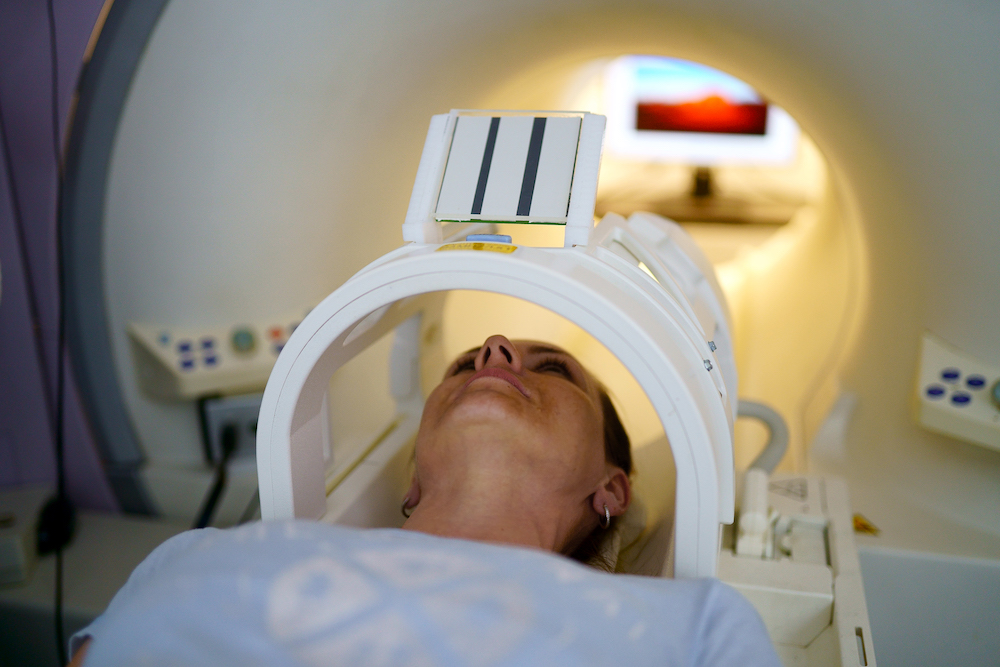
Neurology
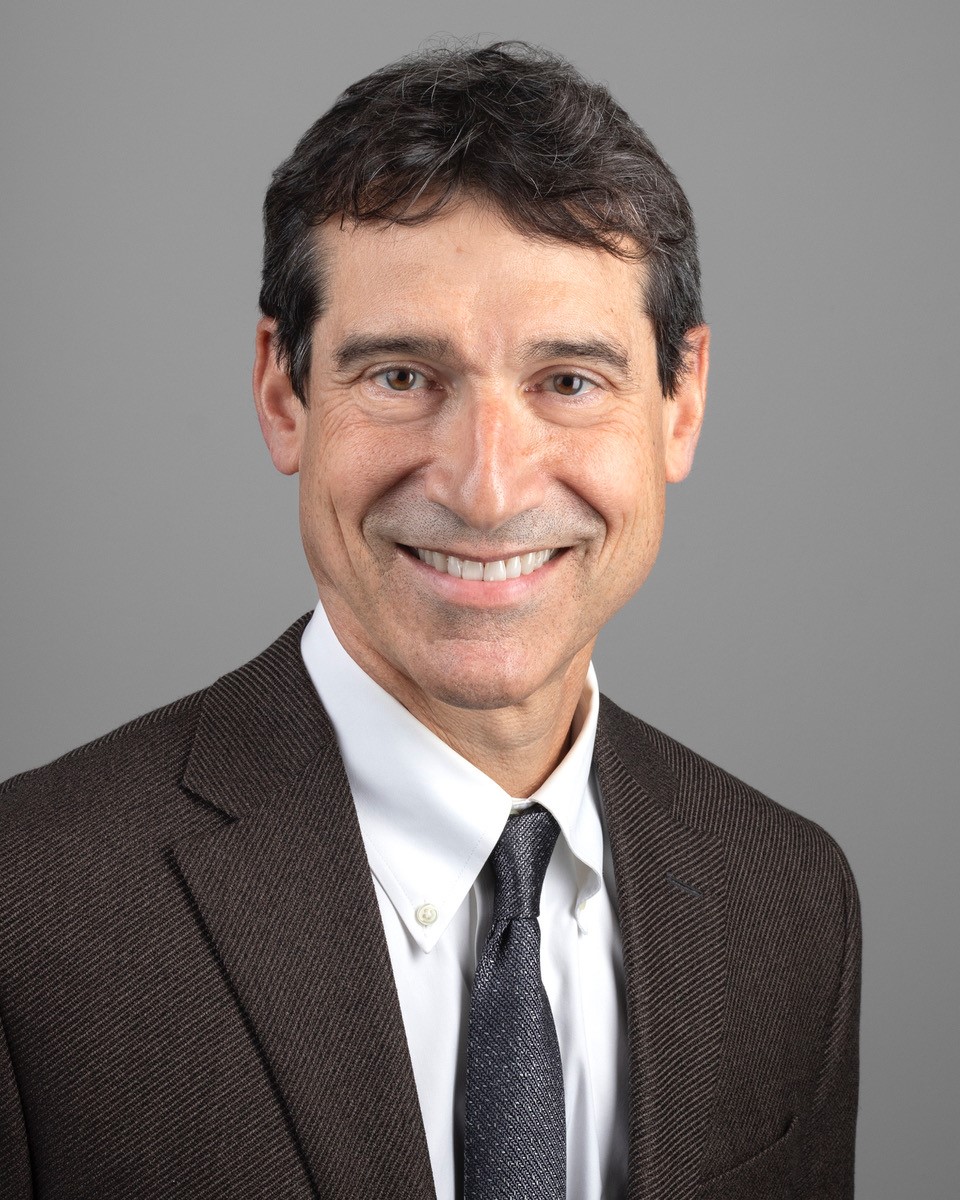
Chair, Department of Neurology
Seward B. Rutkove, MD
Professor of Neurology,
Harvard Medical School
Dr. Rutkove is the Nancy Lurie Marks Professor of Neurology, Harvard Medical School and serves as the Chair of the Department of Neurology at BIDMC. With extensive funding support from the National Institutes of Health and NASA, Dr. Rutkove’s medical research focuses on the application of innovative clinical neurophysiological techniques for the assessment and treatment of neuromuscular disorders and muscle dysfunction. An investigator with more than 250 publications, he has received numerous prizes for his work. As Chair, he is focused on expanding the service, educational, and research missions of the department with a strong emphasis on translational neurology.


Dr. Rutkove is the Nancy Lurie Marks Professor of Neurology, Harvard Medical School and serves as the Chair of the Department of Neurology at BIDMC. With extensive funding support from the National Institutes of Health and NASA, Dr. Rutkove’s medical research focuses on the application of innovative clinical neurophysiological techniques for the assessment and treatment of neuromuscular disorders and muscle dysfunction. An investigator with more than 250 publications, he has received numerous prizes for his work. As Chair, he is focused on expanding the service, educational, and research missions of the department with a strong emphasis on translational neurology.



About Neurology
Harvard Medical Faculty Physicians at Beth Israel Deaconess Medical Center's (HMFP) Department of Neurology delivers exceptional patient care with a full range of inpatient and outpatient neurological services. The department has a prominent national research presence, 12 clinical divisions, and offers a residency program, and multiple fellowships. The department is focused on clinical care, research, and education, with additional concentration in novel diagnostics, global medicine, remote care, entrepreneurship, clinical therapeutic trials, and translational science.
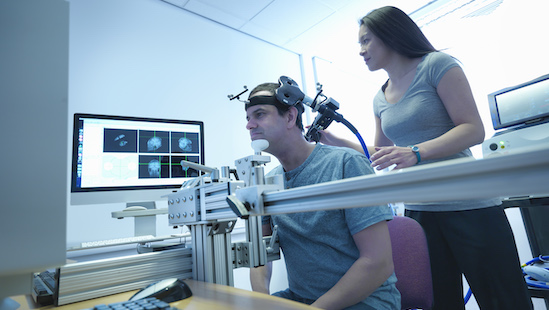
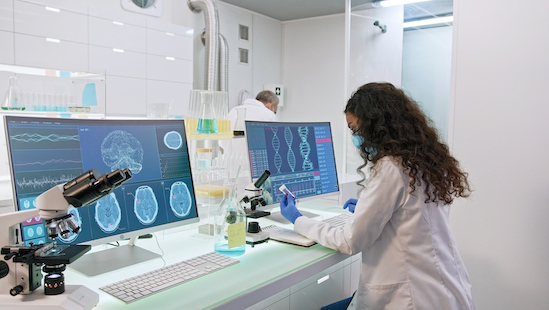
Faculty from the department are affiliated with Harvard Medical School (HMS), and oversee the training of adult and pediatric neurology residents each year. This neurology program provides the setting for training physicians in the art and science of clinical neurology.
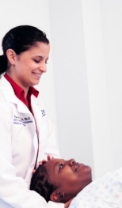
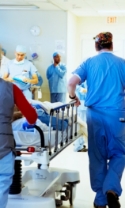
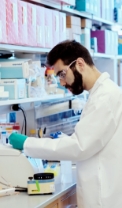
Departments
Harvard Medical Faculty Physicians at Beth Israel Deaconess Medical Center (HMFP) includes 13 specialty clinical departments. HMFP has more than 2,200 specialty physicians and advanced practice professionals, providing services across the Beth Israel Lahey Health (BILH) system, and other hospitals across eastern Massachusetts. To learn more about a specific department, click below.
